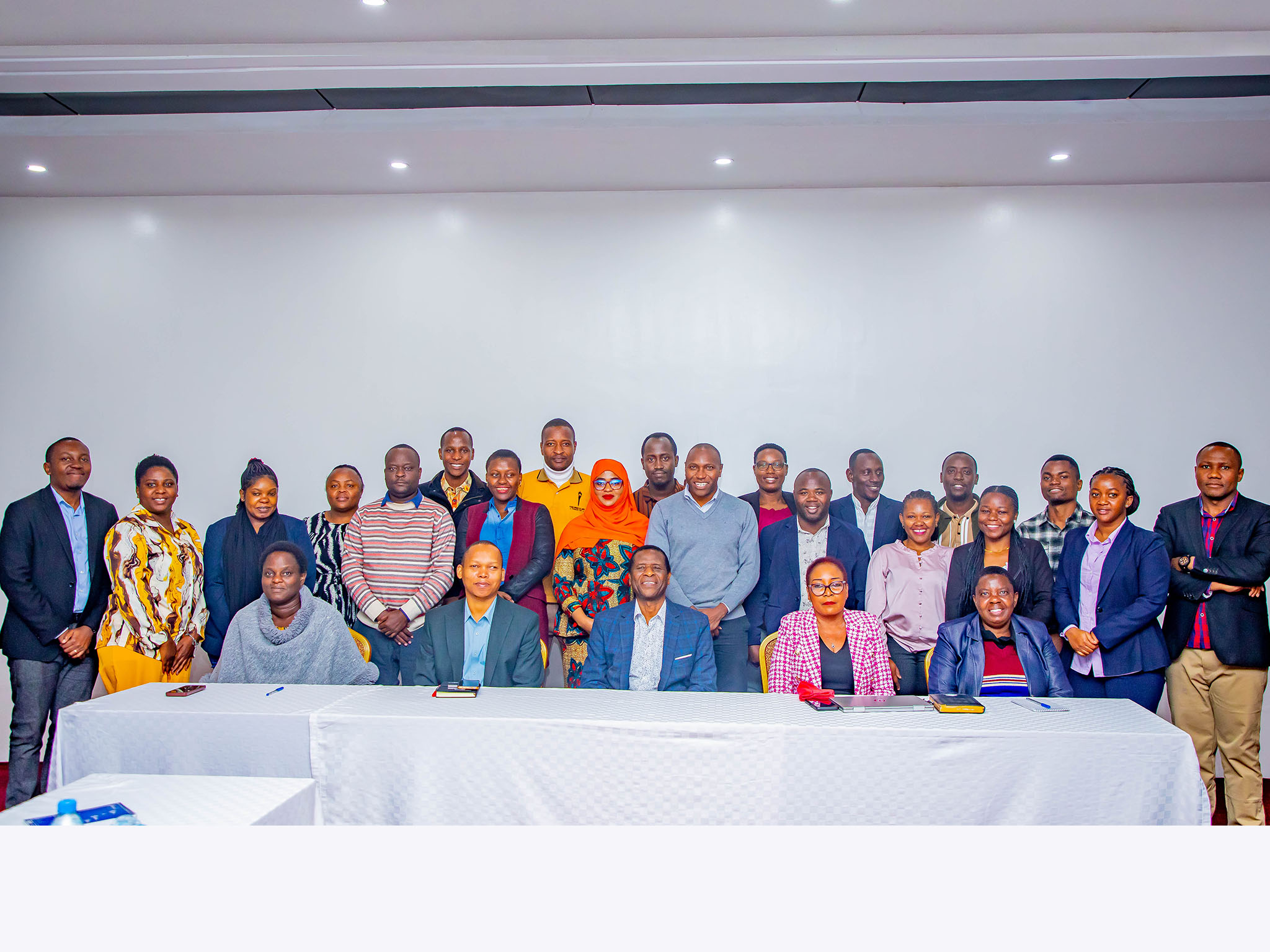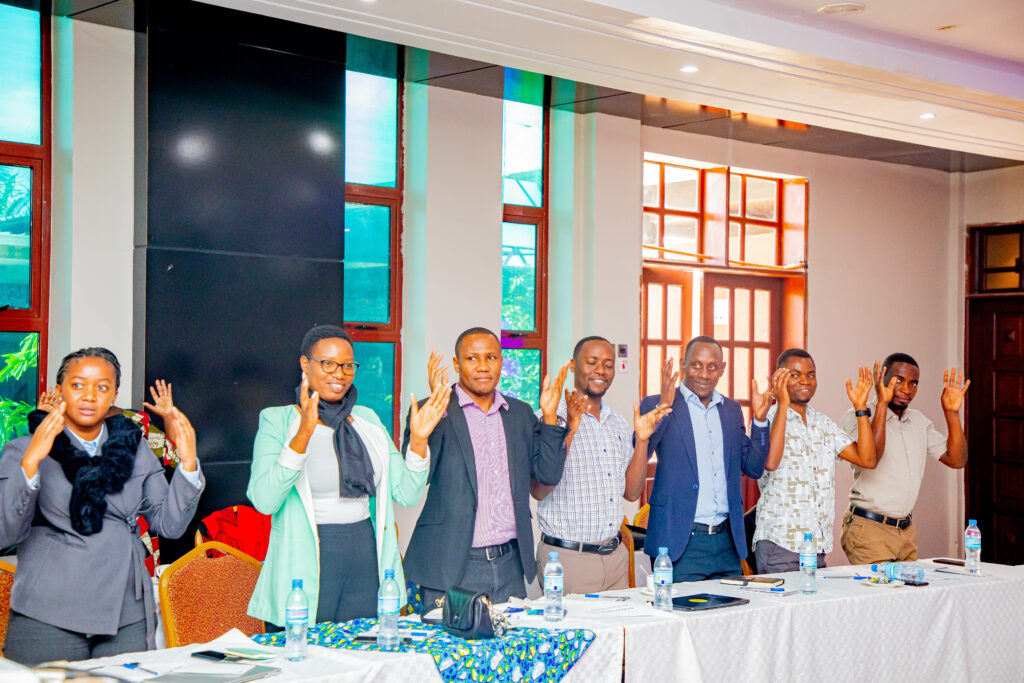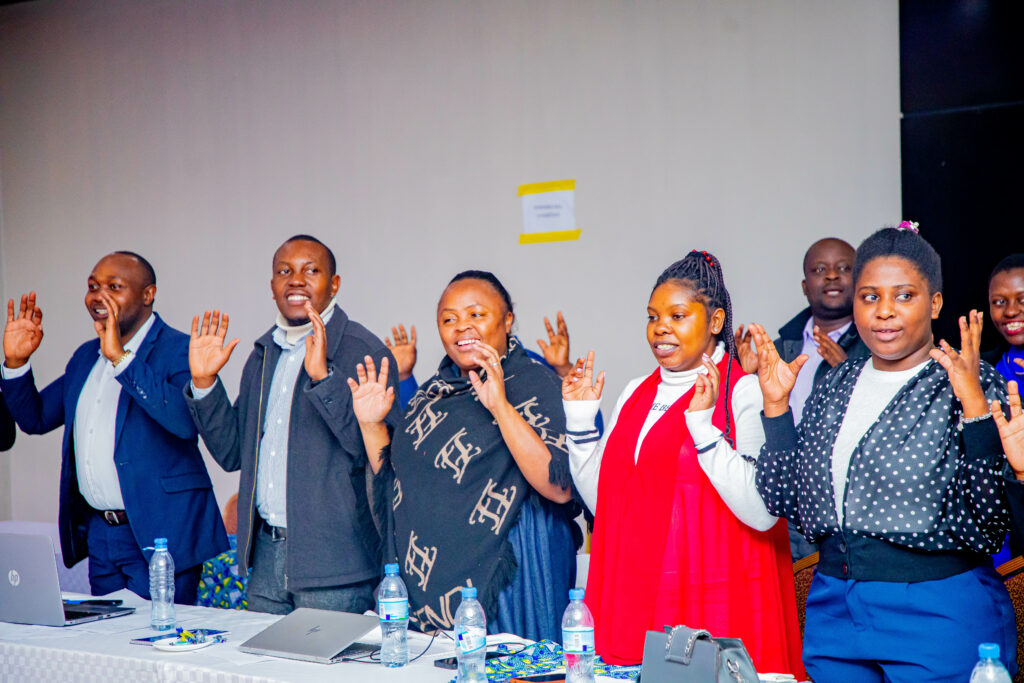
The Nelson Mandela African Institution of Science and Technology (NM-AIST),through the Higher Education Economic Transformation (HEET) Project, organized a comprehensive two-day Student Organization Leaders Training held from June 23 to 24, 2025, at the Four Points Zone Hotel. This training aimed to equip student leaders with essential skills and knowledge to effectively manage their roles and foster a positive campus environment.

In his opening remarks delivered on behalf of the Vice Chancellor, Professor Anthony Mshandete—Deputy Vice Chancellor for Academic, Research, and Innovation reflected on the evolving nature of leadership amid today’s increasingly complex and interconnected world. He emphasized the crucial values of accountability, transparency, and ethical conduct in leadership. Professor Mshandete also highlighted the importance of embracing diversity and fostering safe, inclusive environments where all students feel welcomed, respected, and protected, regardless of their backgrounds or identities.
He further underscored that student leaders play a pivotal role in shaping the culture and future of NM-AIST through their daily engagement in institutional activities, decision-making, and peer support. He encouraged the participants to strengthen collaboration and communication between staff and students across different departments to build a more cohesive and supportive university community.

One of the most impactful sessions during the training was led by Dr. Josephine Mkunda on June 23, focusing on Gender-Based Violence (GBV) and Sexual Harassment. Dr. Mkunda reaffirmed NM-AIST’s firm commitment to addressing these serious issues by ensuring that all reported cases are handled with urgency, strict confidentiality, and respect for all parties involved. She stressed that investigations are conducted with due diligence, free from gender bias, stereotypes, or discrimination, and underscored the importance of creating a campus environment where victims feel safe to come forward.
Throughout the two days, the training covered a broad range of relevant and critical topics designed to empower student leaders. These included Gender and Gender- Based Violence, Mental Health and Emotional Intelligence, Inclusive Education and Leadership, Financial Management, Sexual Health Education and HIV Awareness, Basic Sign Language skills, Stress Management techniques, and strategies for Balancing Leadership Responsibilities with Academic Success.
This initiative exemplifies NM-AIST’s ongoing dedication to nurturing responsible, inclusive, and visionary student leaders who are equipped to contribute positively to their communities and the broader society.





 Visit Today : 1339
Visit Today : 1339 Visit Yesterday : 1776
Visit Yesterday : 1776 This Month : 3115
This Month : 3115 This Year : 122604
This Year : 122604 Total Visit : 809870
Total Visit : 809870